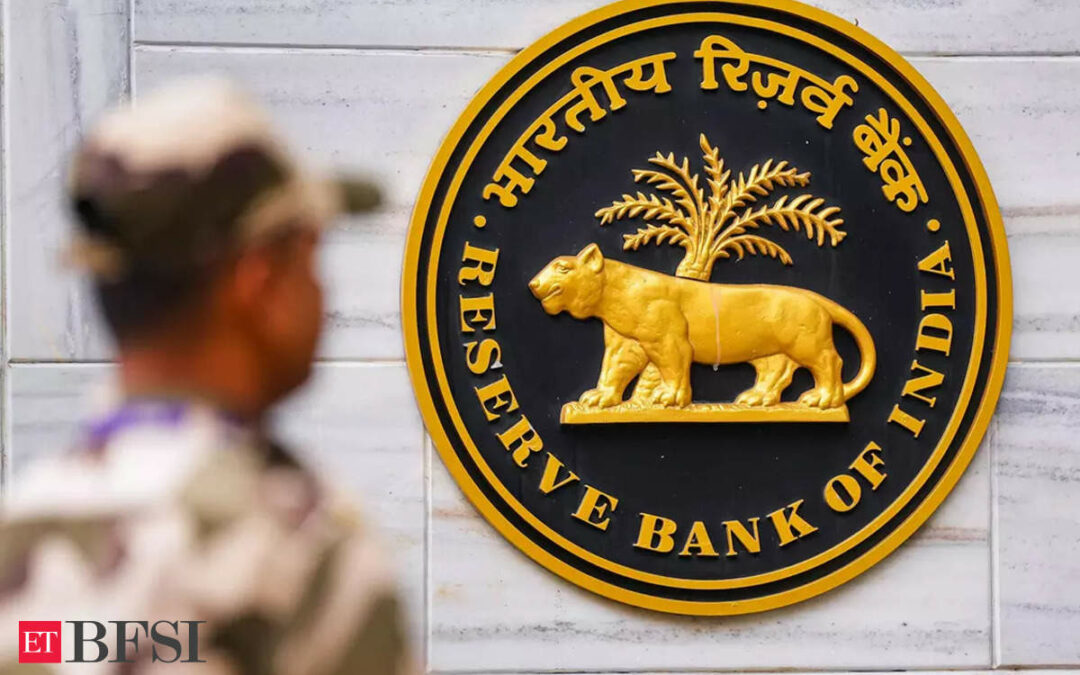MUMBAI: The RBI has directed Bajaj Finance to halt loan issuance through its ‘eCOM’ and ‘Insta EMI Card’ due to issues with the key statement that discloses fees, charges, and recovery practices.
This marks the first major action taken by the central bank under its digital lending guidelines introduced a year ago. Digital loans have come under scrutiny following the proliferation of unauthorised loan apps and defaults on low-value digital loans.
Insta EMI cards are generated straight-through and do not require advance application and sanction. The EMI card provides the customer with a pre-approved loan limit of up to Rs 2 lakh, usable in 1.5 lakh online and offline stores.
RBI introduced its digital lending guidelines last year, requiring lenders to provide borrowers with a key fact statements (KFS) containing information on 15 parameters, including loan amount, interest charges, fees, insurance charges, disbursed amount, amount to be paid by the borrower, annual percentage rate, and number of instalments.
“This action is necessitated due to the company’s non-adherence to the extant provisions of the digital lending guidelines of RBI, particularly the non-issuance of KFS to borrowers under these two lending products and the deficiencies in the KFS issued for other digital loans sanctioned by the company,” RBI said.
Bajaj Finance said: “The company is already issuing KFS for the loans booked under the mentioned two lending products. However, based on the concerns raised by RBI, the company will undertake a detailed review of KFS and implement requisite corrective actions.” The company added that it was suspending loans under the Insta EMI card and under e-commerce, saying “we do not expect this action to have a material impact on the company”.
This is not the first time RBI has restricted a lender’s services over compliance issues. Earlier, RBI barred card networks Mastercard and American Express from issuing cards for not localising data. HDFC Bank, too, was disallowed from onboarding new cardholders and introducing new digital services until it fixed its online outages. More recently, Bank of Baroda was barred from onboarding new customers to its mobile app bob World.










